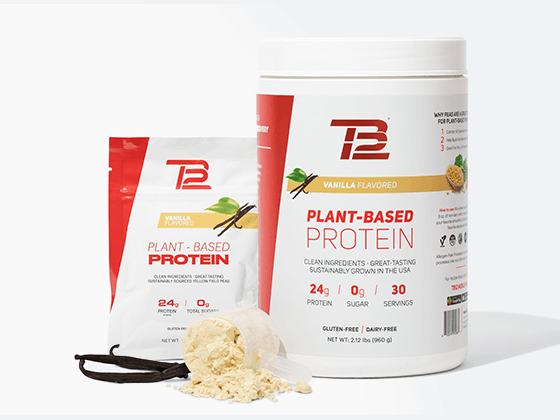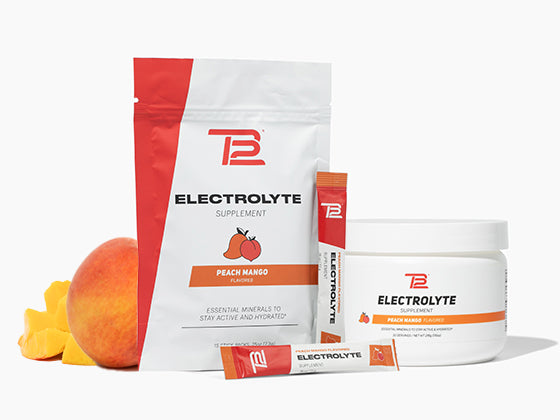“OUCH!”
That’s a common reaction to the notion of acupuncture.
When you think about sports performance, acupuncture may not be the first thing that comes to mind. But acupuncture — which can help alleviate arthritis, tendonitis, shoulder pain, and lower back pain, among other conditions — can be an incredible tool for athletes to improve performance through faster and better recovery.
Acupuncture Within An Integrated Approach
Acupuncture is a key component of traditional Chinese medicine, and it dates back to at least 100 BC. But, according to Spencer Greene, DTCM, a licensed acupuncturist, “there are a lot of misconceptions about acupuncture." Here are four key things to know:
- Does acupuncture hurt? "For most people, acupuncture is completely painless!” Greene says. “It typically elicits a mild heaviness or tingling sensation in the areas worked. But it is not painful and would provide sensations similar to a shoulder rub.” Greene says that contrary to what many people envision — that acupuncture needles are much thinner. “Many people don’t feel them at all.”
- Acupuncture allows for precision - Greene says that acupuncture needles act as an extension of a physical therapist's hands, enhancing their ability to address specific problems. “Acupuncture needles help you reach areas of the body that would otherwise be out-of-reach — helping promote muscle pliability with a degree of precision and depth that would be impossible with hands or devices only.”
- Acupuncture restores pliability - As Tom Brady emphasizes, pliability is the “missing leg” in traditional strength & conditioning programs. Athletes of all levels can overload certain muscles through repetition and excess loading (not to mention poor form), creating tension that can leave tissues tight and dense. Restoring pliability means optimizing the brain-body connection, and improving muscle health and muscle function to undo body imbalances that can lead to chronic injury. At TB12, we use acupuncture to neurologically prime muscles to support improved pliability. In other words, to help the brain create new connections that improve its ability to activate muscles. Acupuncture is an especially effective tool for this brain-body priming. “It fits like a key in a lock,” Greene says. “There is a vast amount of research regarding the neurological component of acupuncture. One of the proposed mechanisms of acupuncture is through neuromodulation — how acupuncture changes the how, when, and why certain nerves will fire.”
- Acupuncture is a good fit for athletes across all sports. Since a common application of acupuncture is to treat pain and improve movement, it can be helpful whether you golf, cycle, play soccer, or run marathons. Paul Hagerty is an exercise physiologist and licensed acupuncturist. Hagerty explains that acupuncture can have an anti-inflammatory effect on the body. “We use acupuncture for pain relief, but also as a performance-enhancement tool — to help muscles increase their functionality, mobility, and stability.” "Post-workout inflammation is an unavoidable part of any athletic activity,” says Greene. “That’s why acupuncture works well with all sports or forms of exercise. Regardless of the sport or activity that is being done, acupuncture can help it be done at its best.”
Personalized Treatment
Along with nutrition, hydration, deep-force muscle pliability work, functional strength & conditioning and cognitive health, acupuncture is an incredible tool that can help you do what you love, better and for longer.





